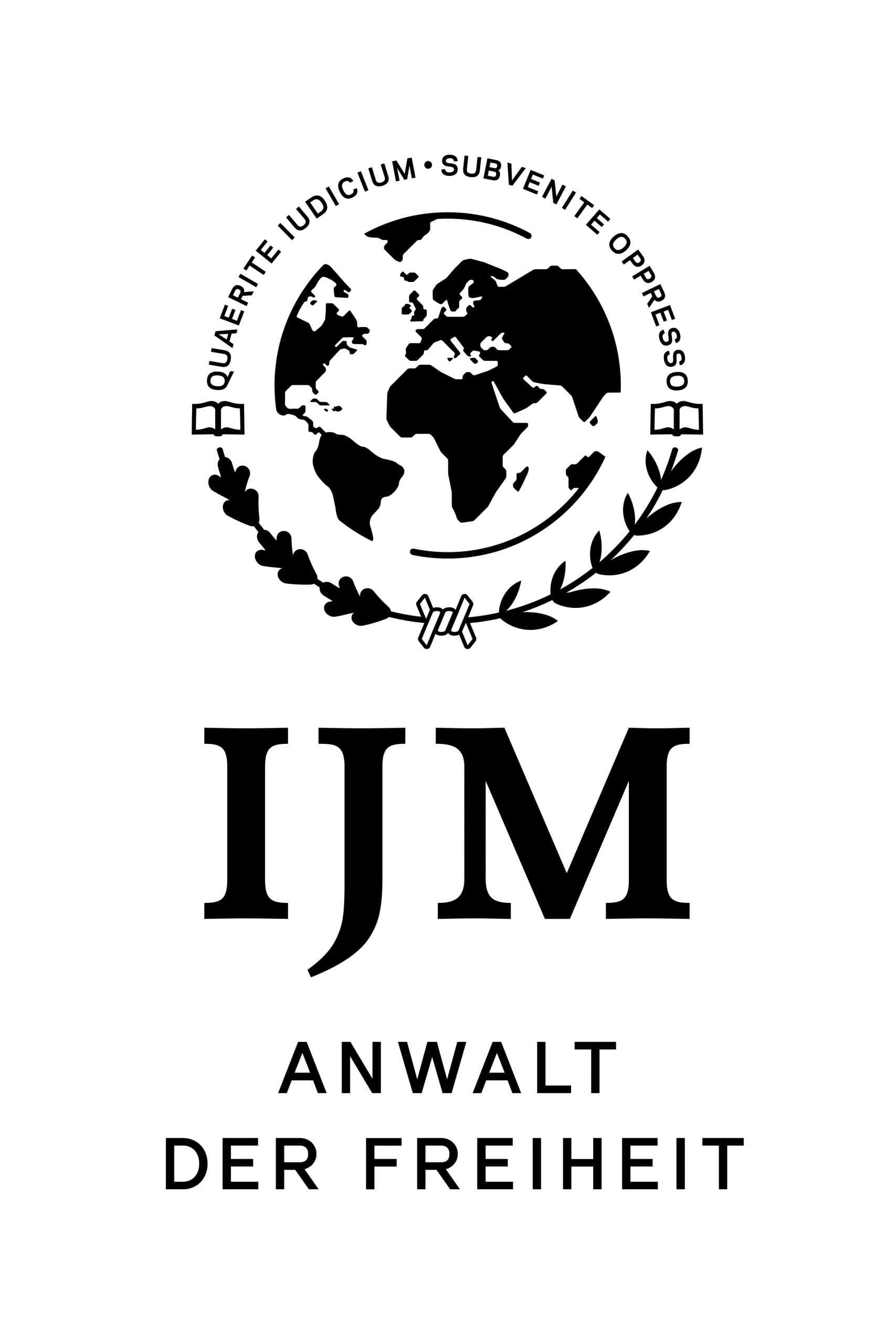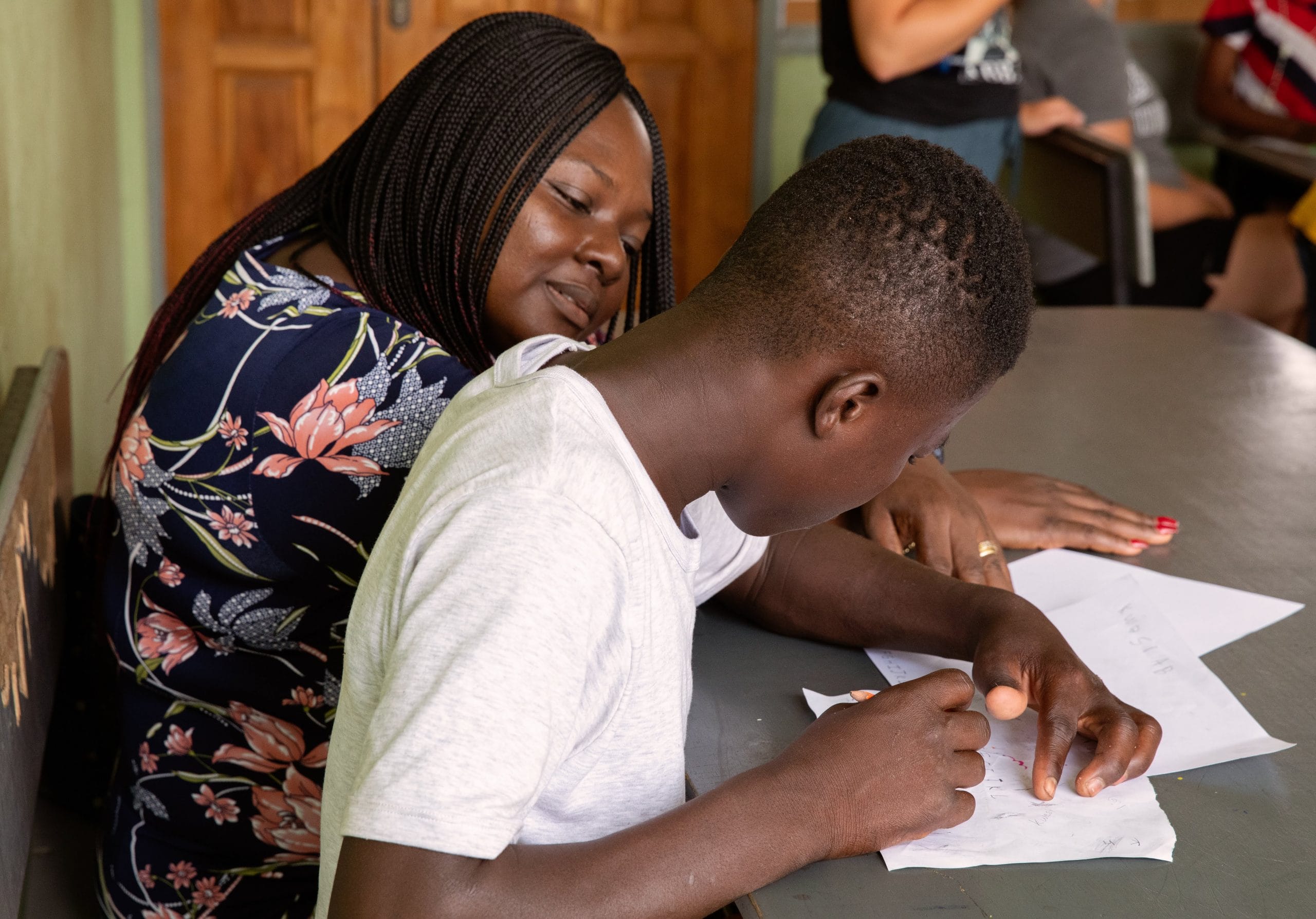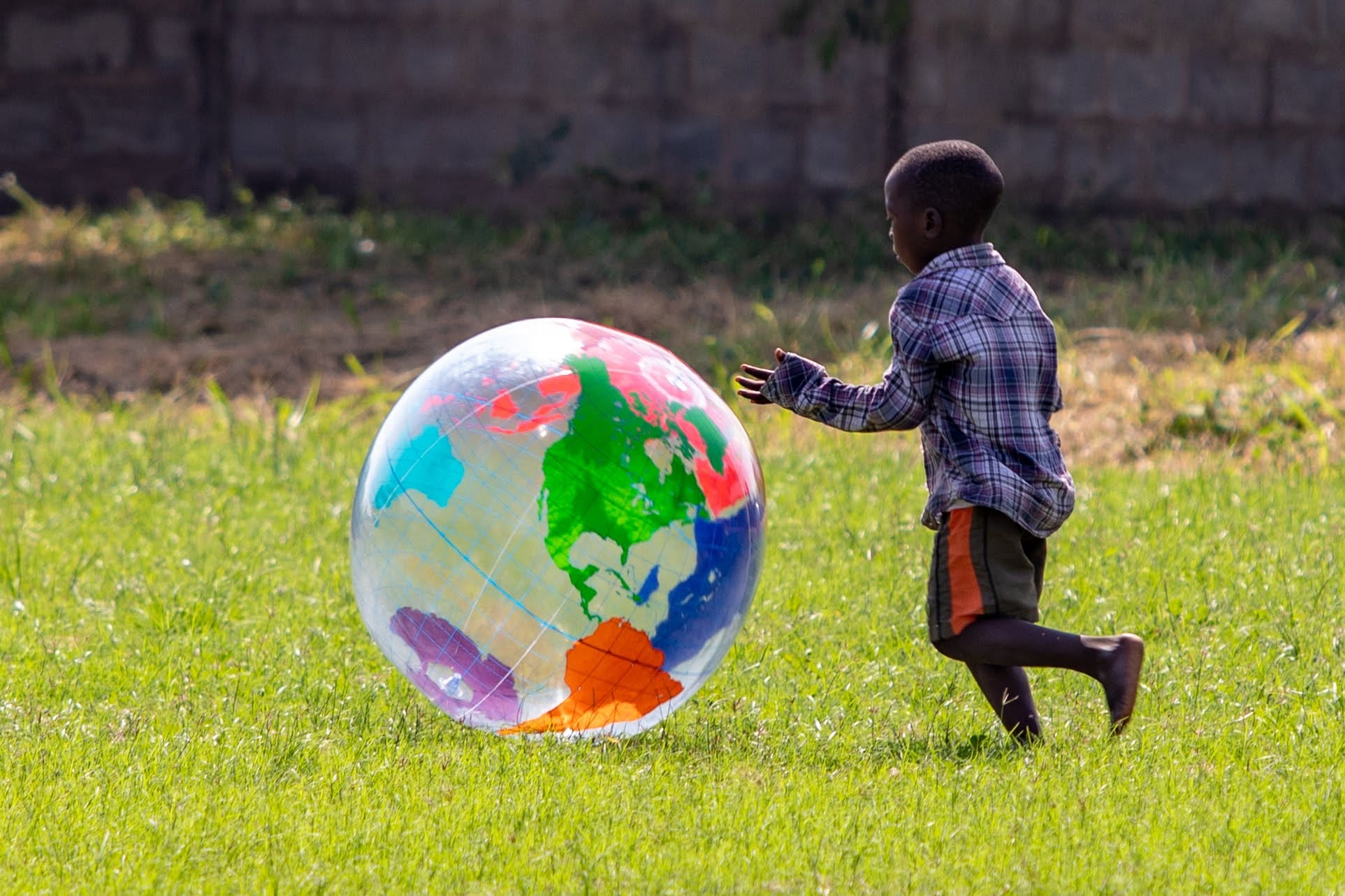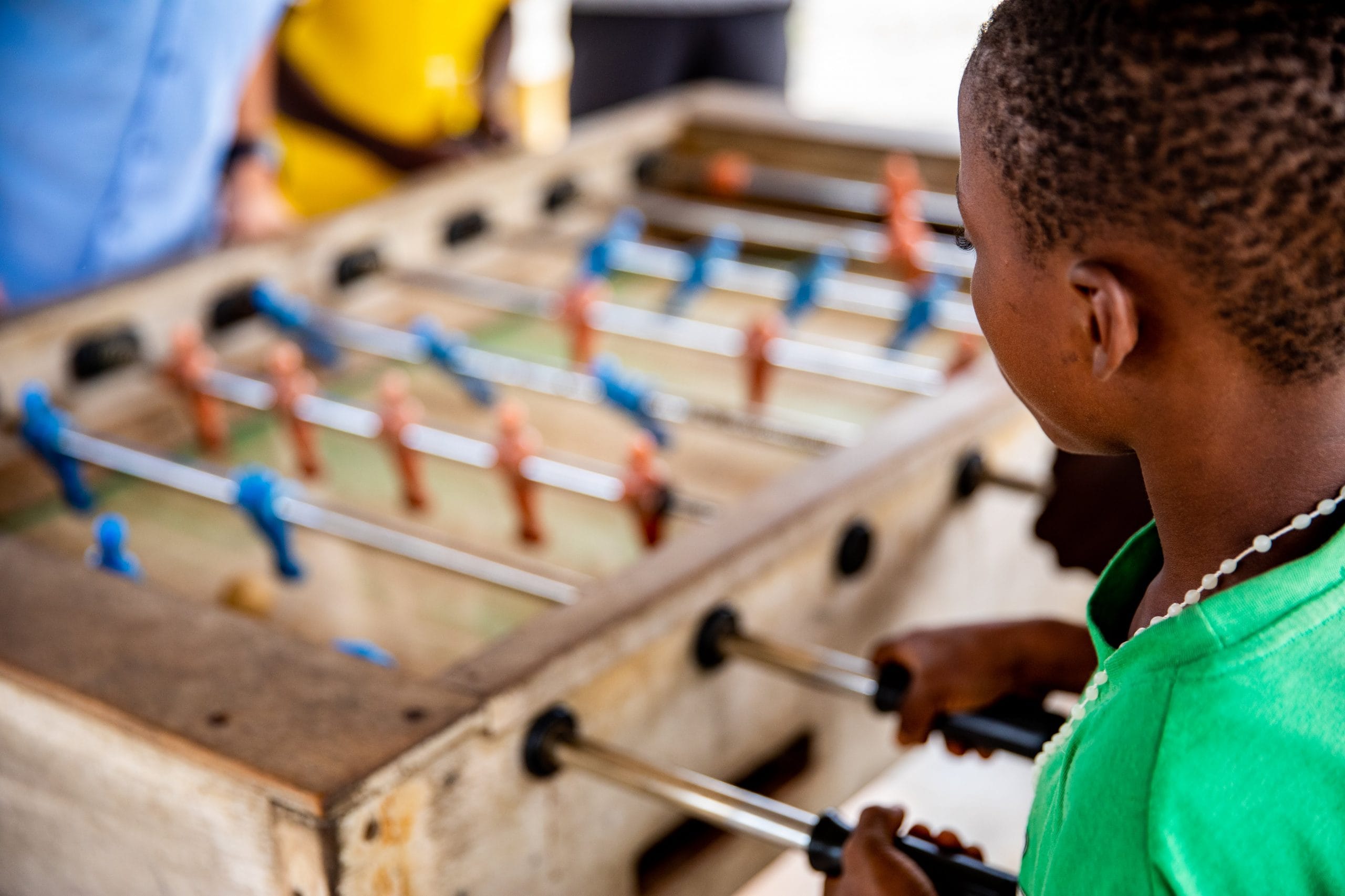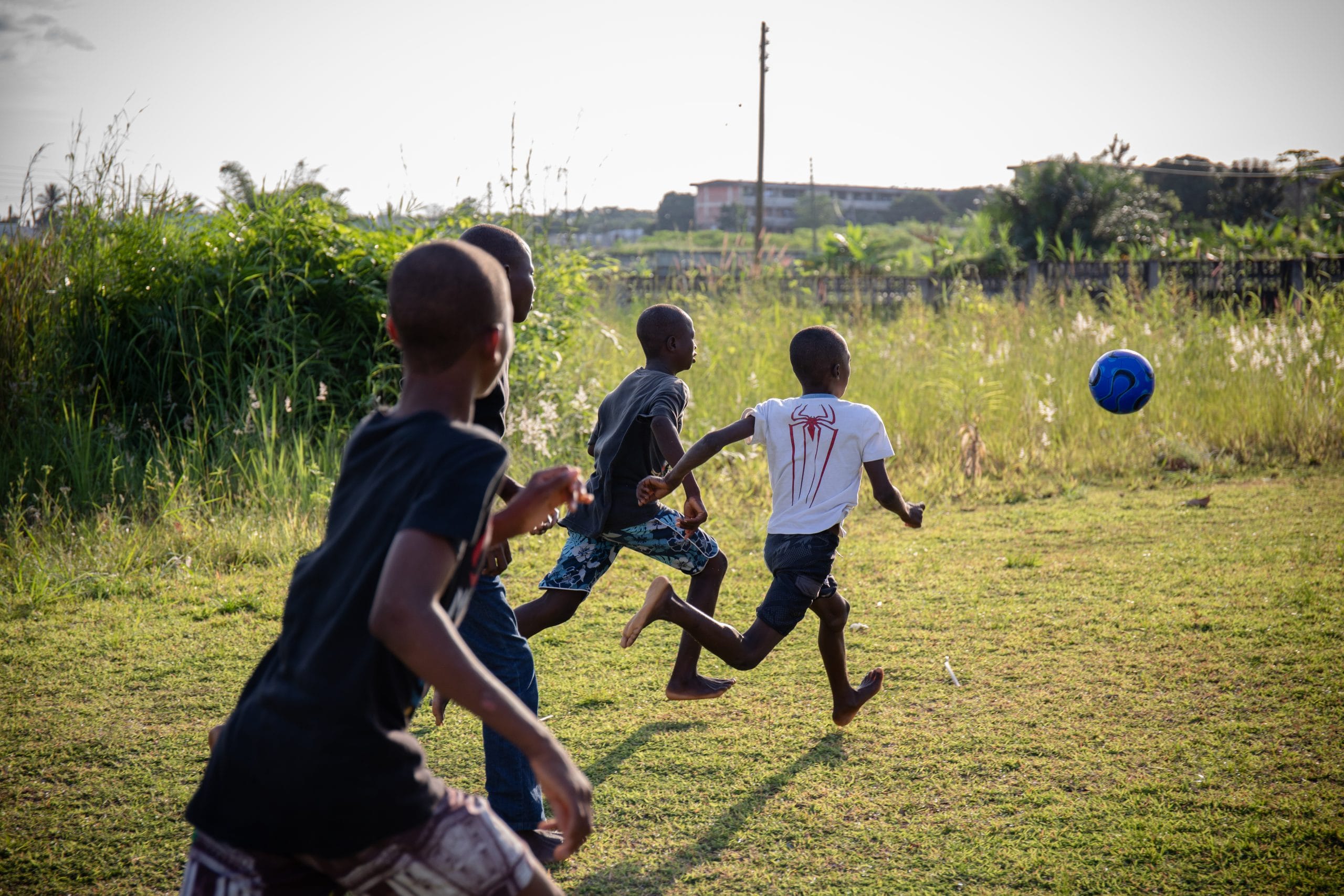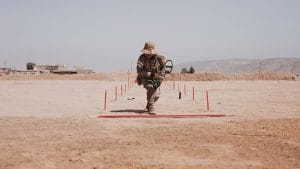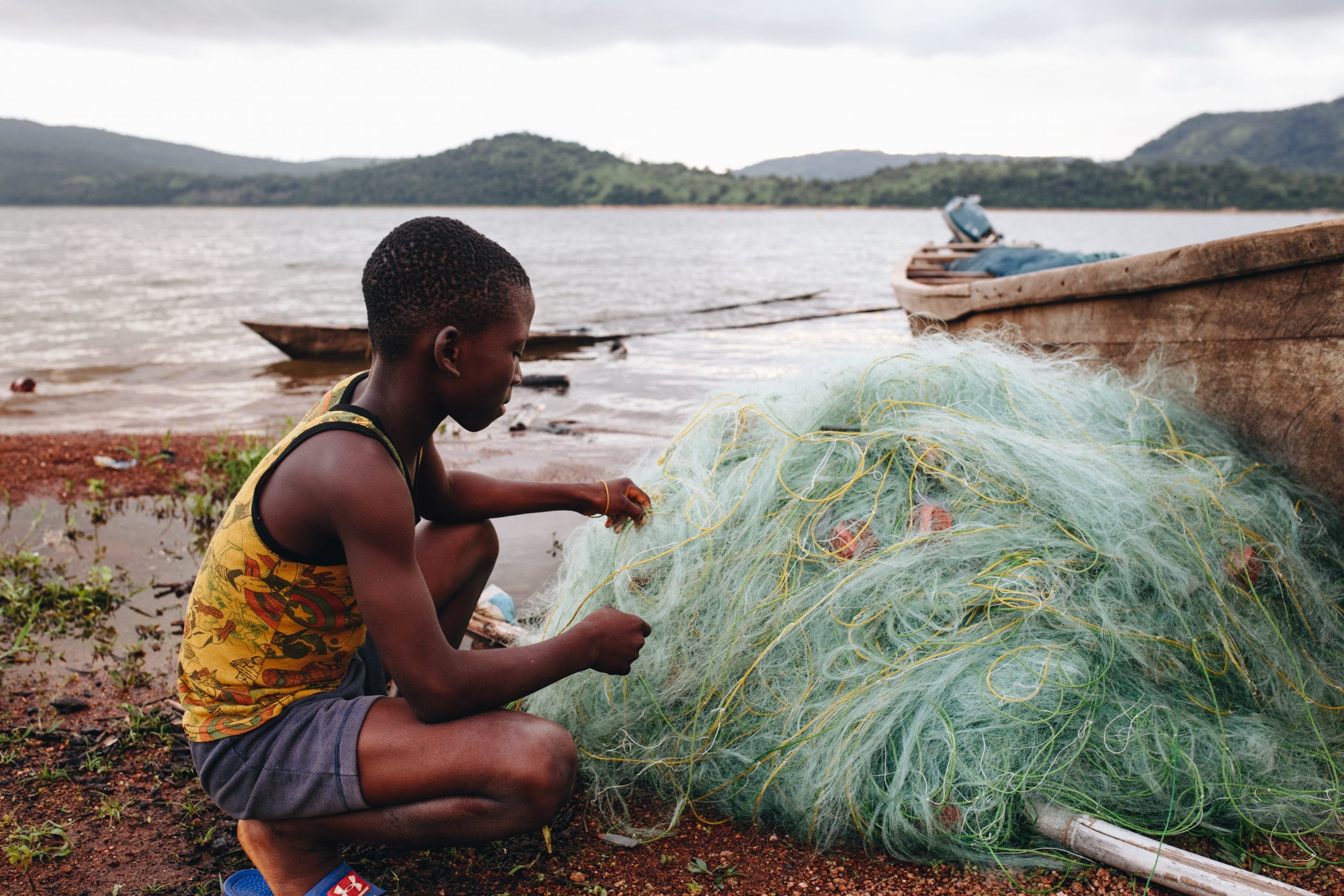
Ending child labour in Ghana
Local promoter
In West Africa, many children have to work because their families depend on any additional income. It is therefore not uncommon in many regions for children to work after school. However, there is also a more exploitative form of child labour where many children live far away without contact to their families, are bound to a violent employer, suffer from hunger and work until exhaustion under dangerous conditions. Although such child labour is banned everywhere, there are many and even increasing cases of child slavery around the world. For example, an IJM study shows that half of all children fishing at Lake Volta in Ghana are heavily exploited. Most of them are boys, averaging ten years old, who are sold for a small amount of money. Other industries and sectors are also affected.
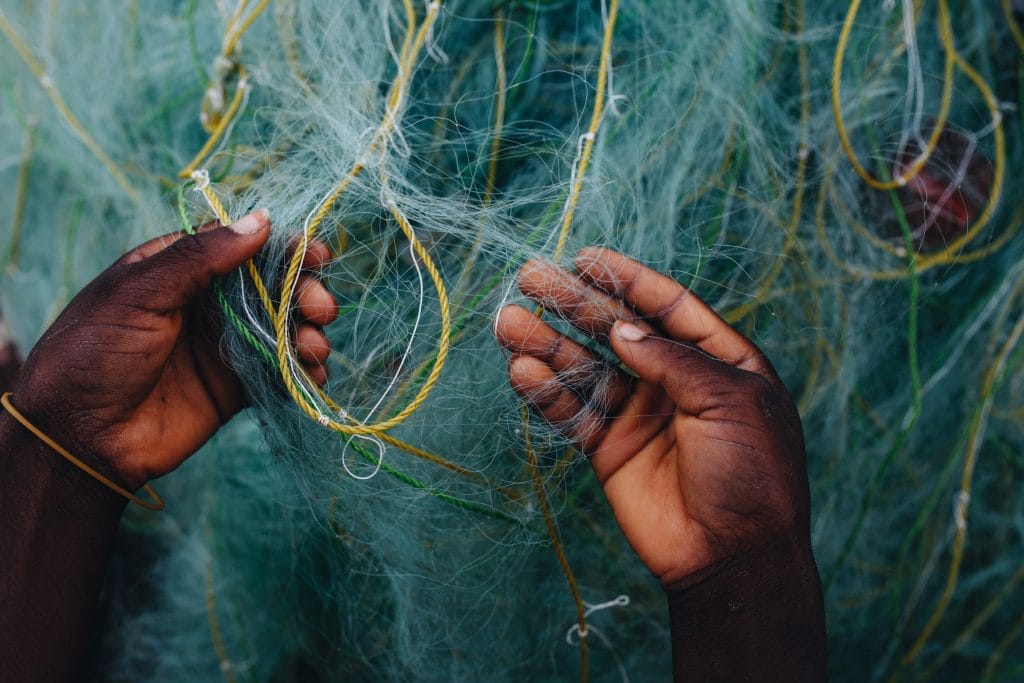
A holistic approach to combating child labour
IJM fights for the rights and protection of children affected by exploitation and slavery in Ghana. Since eight years, IJM has been working with the government and local authorities to strengthen legal systems so that cases of exploitative child labour are investigated. For example, at IJM’s initiative, 40 maritime police officers have been trained in appropriate investigation methods and learned how to provide immediate assistance for affected children. Ten of the officers have been trained to become part of an elite maritime police unit – the first ever police patrol on the Lake Volta. This is an important step in strengthening Ghana’s prosecution of perpetrators. For as long as they remain unrecognised and unaccounted for, child exploitation continues unchecked.
That is why IJM works with local actors to strengthen the legal system and supports investigations and the judiciary so that existing law is enforced and children are protected from exploitation. In addition, IJM works with partner organisations to provide professional aftercare support for affected children and reunites them with their families where possible. Through the combination of these and other measures, the children are given back a piece of their childhood and the foundations for a self-determined life are laid.
Watch our video to find out more: Patrick Knodel in conversation with Anita Budu, Director West Africa, IJM
